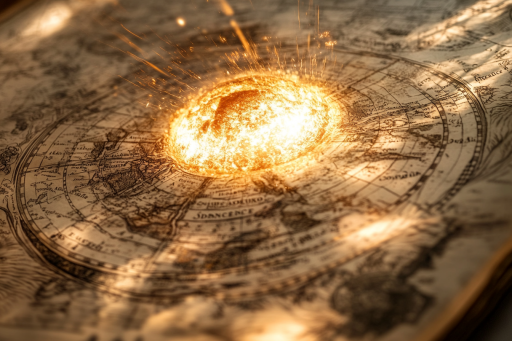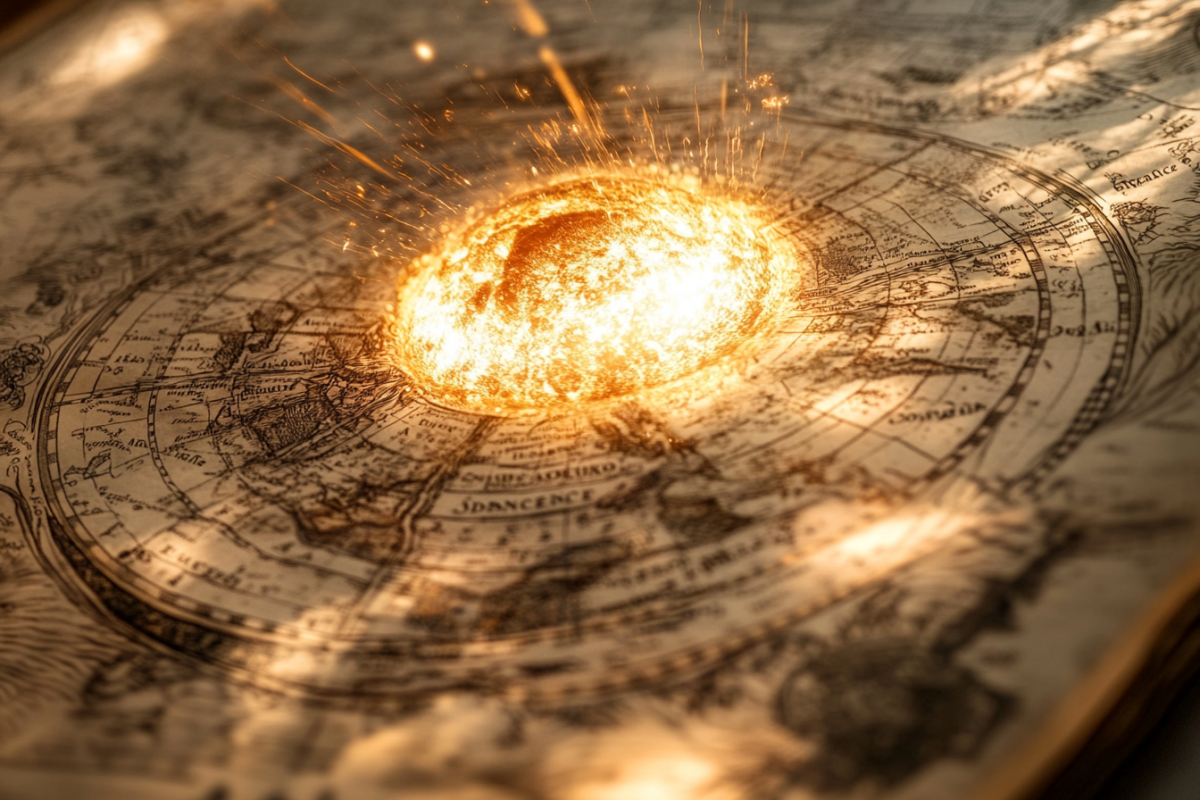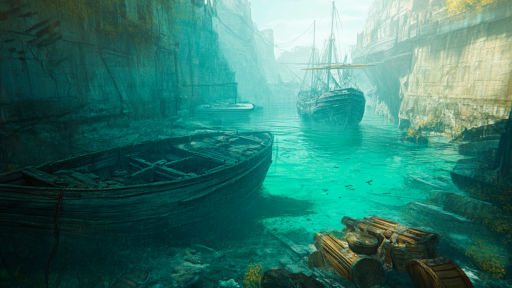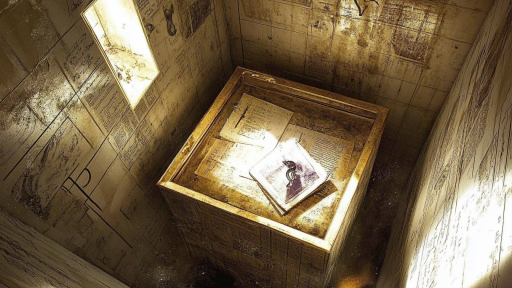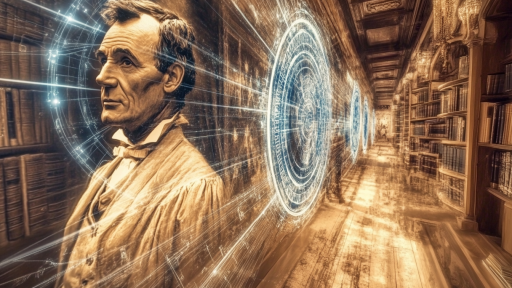
History is filled with unexpected twists, but some events were so bizarre that they defy logic—yet they changed the course of human civilization forever. From strange accidents that sparked revolutions to inexplicable phenomena that altered the world, these moments shaped the past in ways no one could have predicted. Some were pure chance, others were the result of strange decisions, but all of them left an undeniable mark on history. Could the next world-changing event be just as unexpected?
The Tunguska Event – A Mysterious Explosion That Flattened a Forest

In 1908, a massive explosion flattened 800 square miles of Siberian forest, yet no impact crater was ever found. Theories range from a comet bursting in the atmosphere to exotic possibilities like mini black holes or alien spacecraft. The event released energy equivalent to 1,000 Hiroshima bombs, yet remarkably, no human casualties were reported. If the explosion had occurred over a populated area, history might have been drastically different.
The Black Death – A Plague That Changed the Course of Civilization

The Black Death wiped out nearly half of Europe’s population in the 14th century, but it also led to the collapse of feudalism and the rise of the modern workforce. With labor shortages forcing better wages and living conditions, the social structure of the continent was transformed. The plague’s devastation indirectly paved the way for the Renaissance, as new ideas flourished in its aftermath. Could history have advanced so rapidly without such a dark catalyst?
The Great London Beer Flood – A Deadly Wave of Alcohol

In 1814, a 7,500-barrel vat of beer at London’s Meux Brewery ruptured, unleashing a tidal wave of ale that flooded the surrounding streets. Buildings collapsed under the force of the wave, and several people drowned in basements filled with beer. The bizarre accident led to stricter regulations in industrial safety, changing the way factories were built. What if this catastrophe had been even bigger—could the world have lost its favorite drink forever?
The Library of Alexandria’s Destruction – A Lost Vault of Knowledge

The ancient Library of Alexandria was one of the greatest collections of knowledge ever assembled, containing scrolls on science, mathematics, and philosophy. Its destruction—whether by fire, war, or neglect—is considered one of history’s greatest tragedies. Some believe it set human progress back by centuries, as vast amounts of knowledge were lost forever. Could the secrets of advanced ancient civilizations have been buried with it?
The Year Without a Summer – When a Volcano Changed the World

In 1816, the Mount Tambora eruption triggered a global climate catastrophe, blocking sunlight and causing crop failures worldwide. The resulting famine led to mass migrations, economic collapse, and even creative inspiration—Mary Shelley wrote Frankenstein during the eerie, cold summer. The disaster reshaped geopolitics, as starving populations sought new lands and opportunities. Could another eruption trigger such a global shift again?
The Miracle of the Sun – A Mysterious Mass Vision

In 1917, tens of thousands of people in Fátima, Portugal, witnessed what they described as the sun “dancing” in the sky. Some saw it change colors, while others reported strange visions. The Catholic Church declared it a miracle, while skeptics suggest mass hysteria or an atmospheric phenomenon. Could science one day explain this mass sighting, or was it truly something beyond our understanding?
The Strange Case of the Dancing Plague

In 1518, dozens of people in Strasbourg began dancing uncontrollably, unable to stop for days or even weeks. Some danced themselves to death from exhaustion, with no clear cause identified. Theories range from ergot poisoning (a hallucinogenic mold) to mass hysteria. Whatever the reason, the event remains one of the most bizarre and unexplained health outbreaks in history.
The Day the Mississippi River Ran Backward

In 1812, a massive earthquake along the New Madrid Fault caused the Mississippi River to flow in reverse for hours. The quake was so powerful it rang church bells in Boston—over 1,000 miles away. The event permanently reshaped the American landscape and led to the first federal disaster relief in U.S. history. Could another earthquake of this scale alter the geography of the country again?
The Phantom Time Hypothesis – A Conspiracy That We Lost 300 Years

Some historians propose that 300 years of human history (614–911 AD) never actually happened, and that the medieval period was fabricated. Known as the Phantom Time Hypothesis, this theory suggests that early medieval rulers manipulated the calendar to rewrite history. While mainstream historians reject the idea, inconsistencies in dating methods keep the mystery alive. If true, could we be living in a fabricated timeline?
The Nazi Time Travel Experiment – The Die Glocke Mystery

During World War II, rumors spread that Nazi scientists developed Die Glocke—a bell-shaped device capable of anti-gravity or time travel. Witnesses claimed to have seen strange glowing crafts and reports suggest SS officers destroyed the project before it could be captured. While many dismiss it as myth, declassified documents hint at bizarre wartime experiments. Could Nazi scientists have stumbled upon something extraordinary?
The Man Who Survived Both Atomic Bombs
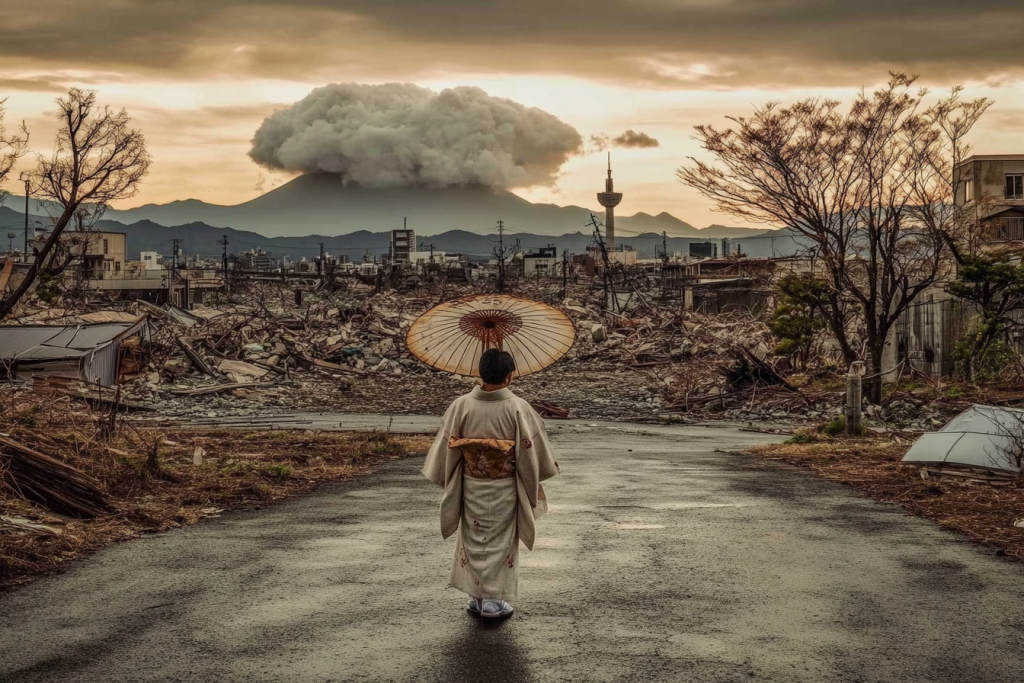
Tsutomu Yamaguchi was in Hiroshima when the first atomic bomb dropped in 1945. He survived, only to travel to Nagasaki—where the second bomb detonated. Amazingly, he lived into his 90s, earning him recognition as the only person officially recognized as surviving both atomic blasts. Was his survival pure luck, or did he possess an unknown genetic advantage?
The Explosion That Was Heard Around the World

In 1883, the Krakatoa volcanic eruption produced the loudest sound ever recorded—it was heard over 3,000 miles away. The explosion sent shockwaves around the globe multiple times, causing dramatic climate changes for years. Some believe the event triggered global weather shifts that shaped history. Could another supervolcano reshape the world in our lifetime?
The Battle That Never Happened – A War Declared by Mistake

In 1838, the British and American forces in Maine almost went to war over a cartographer’s error in mapping the border. Soldiers were deployed, forts were built, and tensions rose—all over an inaccurate map. Fortunately, diplomats intervened before shots were fired, avoiding what could have been a devastating conflict. How many wars have been avoided—or caused—by simple mistakes?
The Boston Molasses Flood – A Deadly Wave of Syrup

In 1919, a massive storage tank filled with 2.3 million gallons of molasses burst in Boston, unleashing a 35 mph wave of sticky syrup that crushed buildings and drowned people in the streets. The disaster left the city coated in molasses for weeks and led to new industrial safety regulations. The bizarre nature of the event made it seem almost comical—until people realized the extent of the devastation. How could something as simple as molasses cause such destruction?
The Great Emu War – When Soldiers Lost to Birds

In 1932, Australia declared war on an unlikely enemy—emus. After farmers complained about the birds destroying crops, the military deployed machine guns to eliminate them. But the emus outmaneuvered the soldiers, proving too fast and resilient. In the end, the birds won, and the government gave up. How did a war against flightless birds become one of the most infamous military failures in history?
Are We Just One Step Away From Another Bizarre Turning Point?

History often changes in ways no one can predict, and the strangest events sometimes have the biggest consequences. From natural disasters to human miscalculations, these bizarre moments remind us that the unexpected can shape the world. Could we be living through a moment just as strange, one that future historians will look back on in disbelief?

